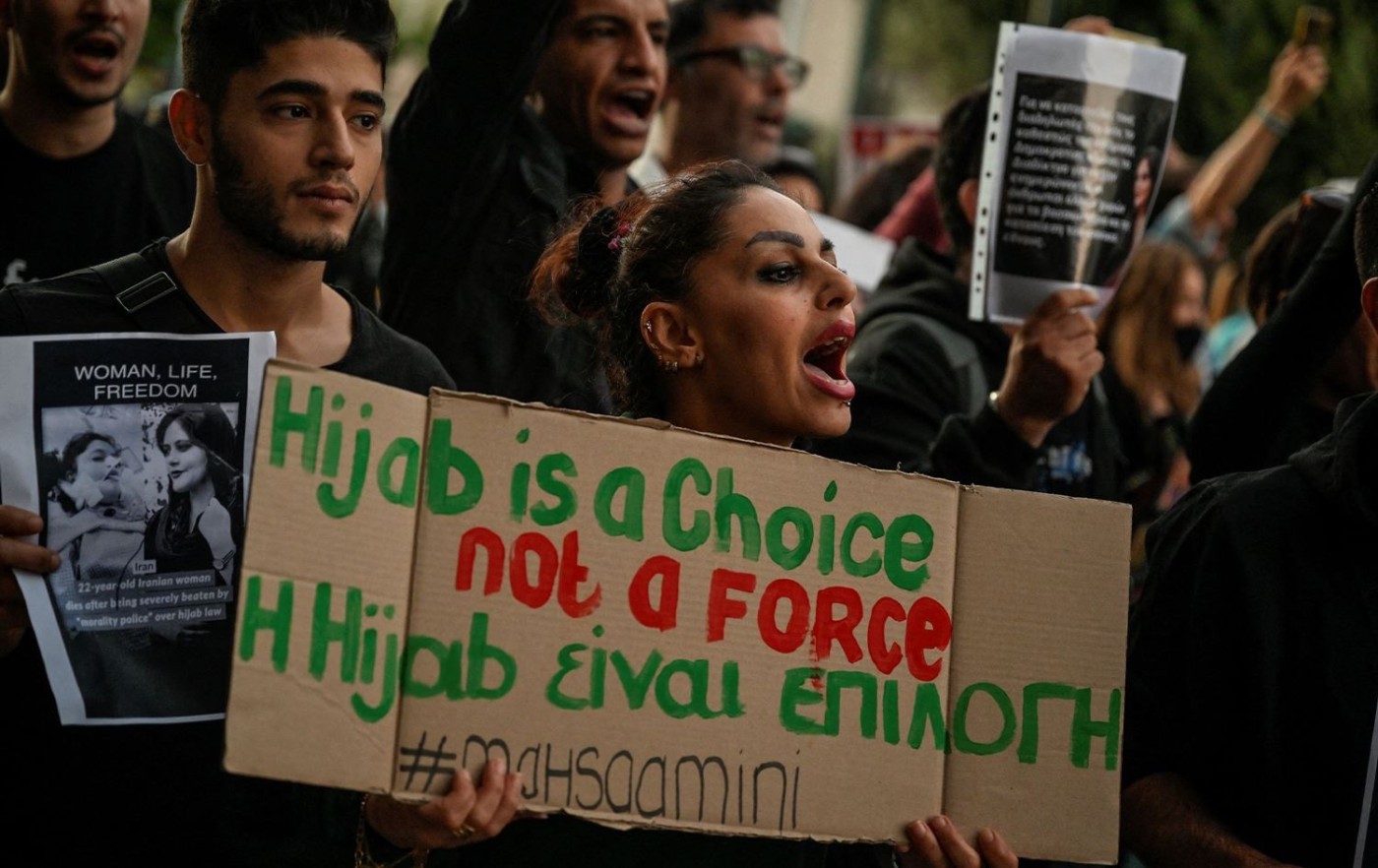ERBIL, Kurdistan Region of Iraq – Iran’s judiciary on Monday opened new cases against two female journalists for appearing without hijab in public less than a day after they were released on bail and after serving a year in Iranian prisons.
Niloofar Hamedi and Elaheh Mohammadi were temporarily released on bail on Sunday after spending over a year in Iranian prisons. The two were initially sentenced to 13 and 12 years in prison respectively for their coverage of the death of Iranian-Kurdish woman Mahsa (Zhina) Amini.
The Iranian judiciary’s Mizan News Agency on Monday announced that the judiciary had filed new cases against the two journalists for appearing without a hijab in public following their release less than a day earlier.
Shortly after their release, a video of the two journalists joyfully rejoining their families spread all over social media.
After 16 months of unjust imprisonment, heroic journalists #ElahehMohammadi & #NiloofarHamedi who broke the story of #MahsaAmini’s murder in custody that ignited Iran’s #WomanLifeFreedom uprising, have been released on heavy bail while they appeal their lengthy sentences. pic.twitter.com/nmOOoLizbd
— Nazanin Boniadi (@NazaninBoniadi) January 14, 2024
“The news of your freedom after 400 days in prison and rejoining your family truly made us happy,” Amini’s father Amjad Amini said in an Instagram story, celebrating the release of the journalists who reported the death of his daughter.
Amini was detained by Iran’s morality police in September 2022 for not wearing a hijab publicly. Hours later, she was taken to the hospital where she died.
Amini’s death sparked protests across Iran and the world, demanding the removal of the Islamic regime in the country and justice for Amini and thousands of others killed by the regime.
In the months following Amini’s death, the Islamic Revolutionary Guard Corps (IRGC) and its loyalist volunteer Basij forces arrested thousands of people for protesting against the government and hundreds of others were killed.
The Iranian judiciary’s case against the two journalists is for the same “crime” that Amini had committed and led to her death, which in turn led to a global movement against the regime’s theocratic rule.
Following the 1979 revolution, the new Islamic Republic government declared hijab compulsory. People who have failed to abide by the country’s sharia law and hijab policy face the threat of arrest or getting fined.
Amini’s controversial death in custody was slammed by several rights groups and diplomatic missions.
“The circumstances leading to the suspicious death in custody of 22-year-old young woman Mahsa Amini, which include allegations of torture and other ill-treatment in custody, must be criminally investigated,” Amnesty International said at the time.
However, over a year later, Iran’s regime not only has silenced the protest movements across the country, but scores are still kept in the regime’s different prisons without sentencing and the IRGC and its loyalist forces continue to rule the streets with impunity.



 Facebook
Facebook
 LinkedIn
LinkedIn
 Telegram
Telegram
 X
X


